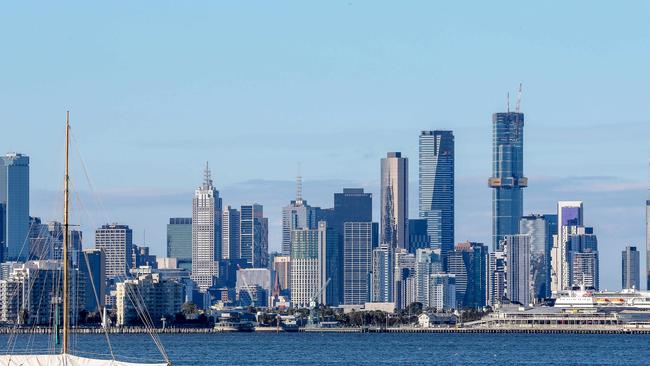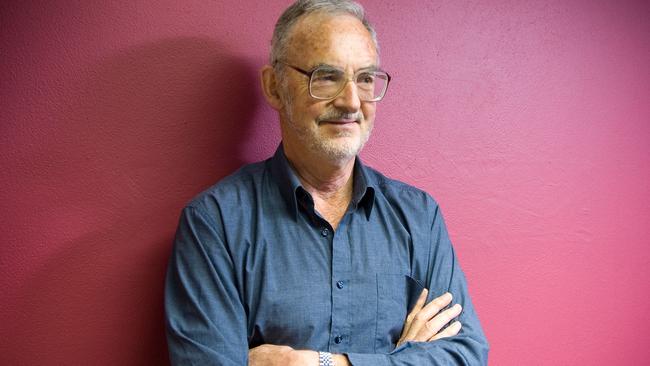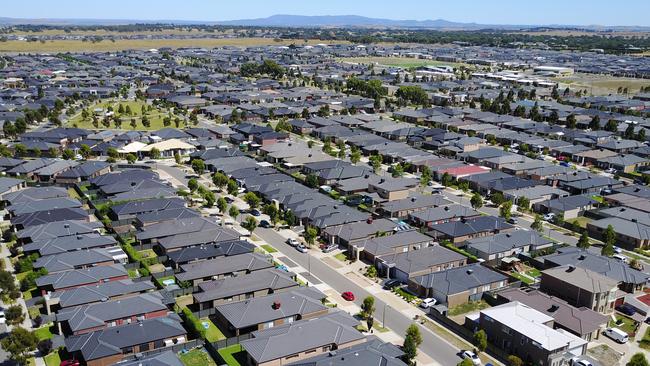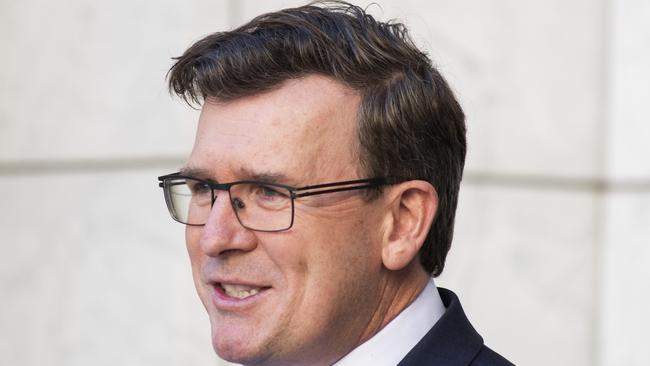Permanent migration to Australia hits 15-year low as federal government focuses on local jobs
Australia’s growth in recent years has been underpinned by huge intakes of permanent migrants. But new figures show that is changing.

Victoria
Don't miss out on the headlines from Victoria. Followed categories will be added to My News.
Australia has recorded its lowest permanent migrant intake for 15 years.
The federal government issued 140,000 visas in 2019-20, 20,000 fewer than the ceiling proposed for last year’s permanent migration program.
It is the lowest intake since 2004-05 when 120,060 visas were processed.

Australian Population Research Institute director Bob Birrell said the latest number was significant because the government could easily have reached its ceiling by processing more skilled visa applicants already here.
“But this is an outcome to be expected because the skilled program is shaped by judgments of skill needs of the Australian economy,” he said.
“Since the Covid crisis and rise of joblessness, there’s not the need for some of the skills we’ve been recruiting in big numbers, such as accountants and engineers.”
Dr Birrell said that the permanent migration program had been reformed four years ago when Home Affairs Minister Peter Dutton changed the annual number from a target to a ceiling.
“This was done to make it more responsive to the changing needs of the economy and labour market,” he said.

In 2018-19, the ceiling was 190,000 places, but the program came in at 160,323,
Dr Birrell said the government had kept the numbers down by dramatically raising the skilled visa pass mark for key occupations.
“That response is correct and will have a continuing impact on the scale of the permanent migration program,” he said.
The permanent program is different from net overseas migration, or NOM, which includes temporary arrivals like overseas students.
NOM, which was about 250,000 in 2019-20, has collapsed since the pandemic travel restrictions and is expected to be only 36,000 over the next year.

Immigration Minister Alan Tudge said last week that much of immigration was demand-driven, such as employers needing overseas workers if they couldn’t find locals to do the job.
“If you have high unemployment then inevitably that demand is going to be lower because there’ll be Australians available to do the work,” he said.
MORE NEWS
MIGRATION INTAKE TO BE SLASHED POST-CORONAVIRUS
